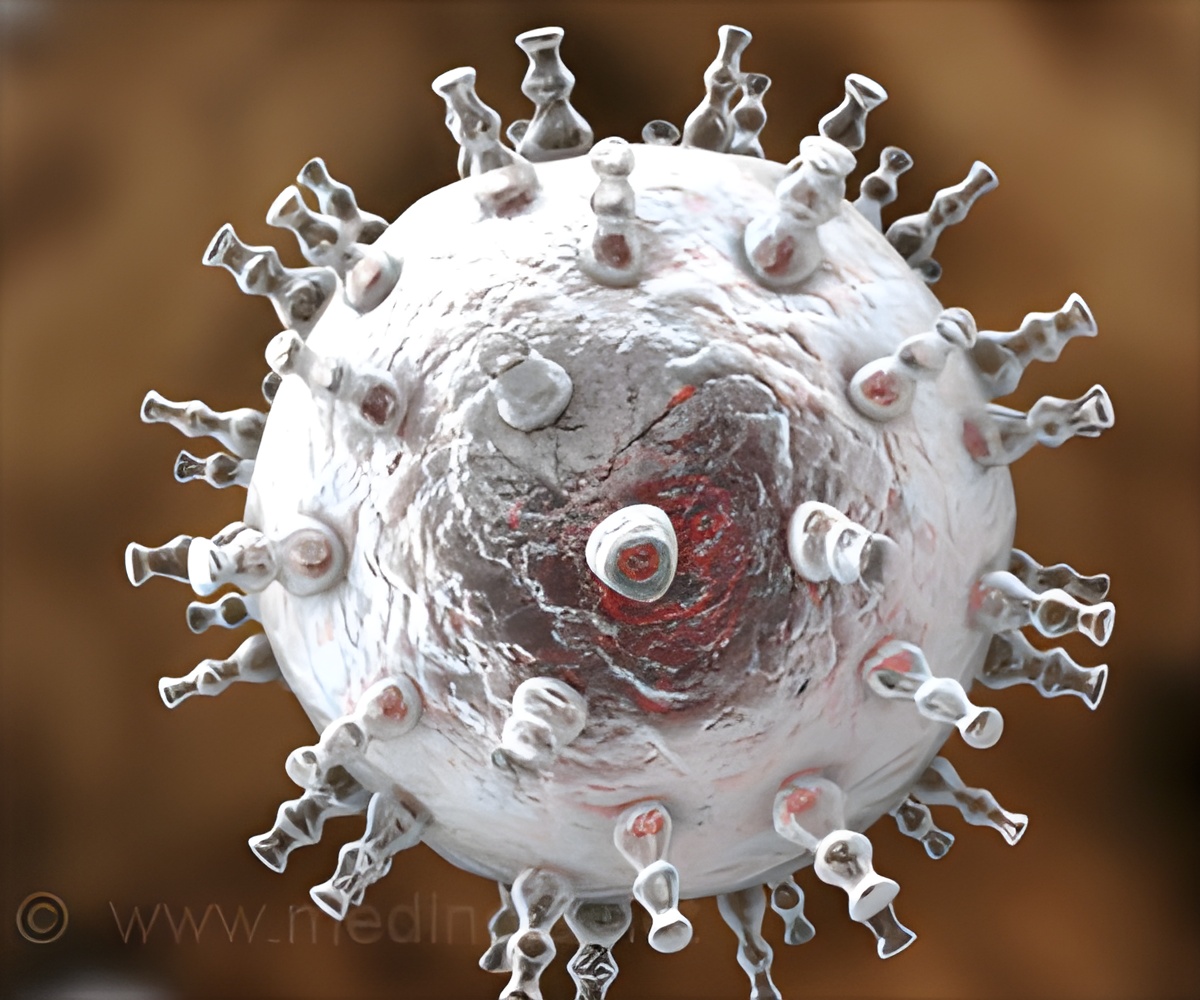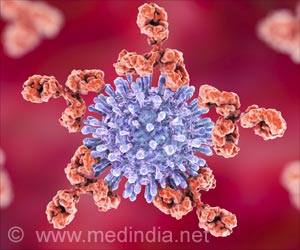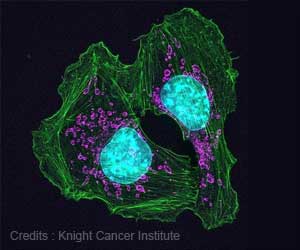The discovery of new antibodies could help inform development of vaccines and treatments for two major viruses.

‘Four new antibodies that bind to a part of respiratory syncytial virus’s (RSV) F protein have been identified.’





To help inform vaccine development efforts, Jarrod Mousa in the laboratory of James Crowe of Vanderbilt University Medical Center in Nashville, TN, and colleagues investigated human antibodies produced by the human immune system in response to RSV infection. Vaccines work by priming the body to unleash a strong antibody response against invading pathogens, so a deep understanding of anti-RSV antibodies could be invaluable. Previous research has found human antibodies that bind to certain sites on the RSV F protein, inhibiting the virus's ability to fuse to a human cell. Using blood from donors, Mousa and colleagues identified four new antibodies that bind to a part of RSV F protein known as site IV.
One of the antibodies, called 3M3, showed particular potency in disabling RSV, suggesting it might be useful in treatment or prevention efforts. Another antibody, 17E10, displayed the ability to attack and neutralize both RSV and hMPV, which has a very similar F protein.
"We were excited to find such powerful human antibodies that bind to this site of vulnerability on the fusion protein that inhibited both RSV and hMPV" said Crowe. "These new findings teach us how to design better next-generation vaccine antigens for these common viral pathogens."
To investigate the molecular details of the antibody-virus interactions, the researchers systematically altered the sequence of amino acid building blocks of F protein and tested how the changes impacted the interactions. They found that the four antibodies interacted with RSV in diverse ways, with each antibody relying on different amino acids in order to bind successfully.
Advertisement
These findings highlight structural features of the RSV F protein that could be helpful for vaccine design. Further research into the similarities between RSV and hMPV F proteins could aid efforts to develop a vaccine that simultaneously protects against both viruses.
Advertisement
Source-Eurekalert










